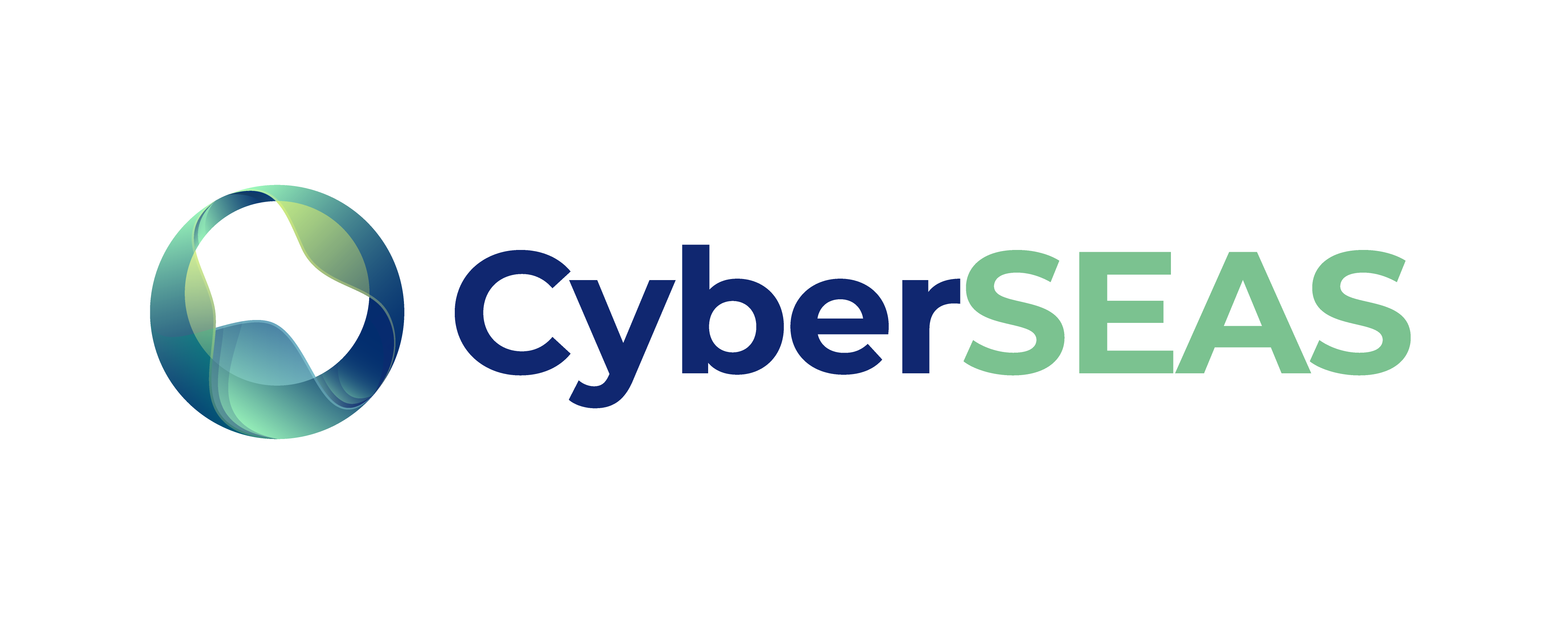Author: – Vincenzo Napolitano, Senior Researcher, Engineering Ingegneria Informatica Spa –
The energy industry is a critical infrastructure sector that provides essential services to homes, businesses, and governments. Energy power and energy systems operators are responsible for ensuring the smooth and secure operation of power generation, transmission, and distribution systems. However, they face a growing threat from social engineering-based cyberattacks that can disrupt operations, compromise sensitive data, and even cause physical harm.
In this post, we will discuss how energy power and energy systems operators can protect themselves from social engineering-based cyberattacks.
Educate Employees
One of the most effective ways to protect against social engineering-based cyberattacks is to educate employees. Employees should be trained to recognize and report suspicious behavior, such as phishing emails, phone calls, and social media messages. They should also be aware of the risks associated with using weak passwords, sharing credentials, or plugging in unknown USB devices.
Perform Social Driven Vulnerability Assessments
Energy power and energy systems operators should regularly conduct vulnerability assessments to identify and address potential security weaknesses. This includes conducting periodic phishing campaigns to assess human behaviors against the social engineering attempts of the organizations.
Support the detection of Social Engineering attempts
Also important is the adoption of detection solutions that uses machine learning algorithms to analyze email content, sender information, and other metadata to detect patterns and characteristics commonly associated with phishing attempts. By using AI-based solutions, organizations can quickly and accurately identify phishing emails and take appropriate action, such as blocking or quarantining the email. This helps to prevent employees from falling victim to phishing attacks and minimizes the risk of sensitive data being compromised.
In conclusion, protecting energy power and energy systems operators from social engineering-based cyberattacks is critical to maintaining the security and integrity of critical infrastructure. By educating employees, implementing access controls, conducting regular vulnerability assessments, monitoring network traffic, and implementing security controls, energy power, and energy systems operators can reduce the risk of social engineering-based cyberattacks and mitigate the impact of any attacks that do occur. In the context of CyberSEAS project, the main goal is to provide improved solutions to assess and identify social engineering threats such as the AI-based tool (SED by Engineering) to recognize phishing attempts.


